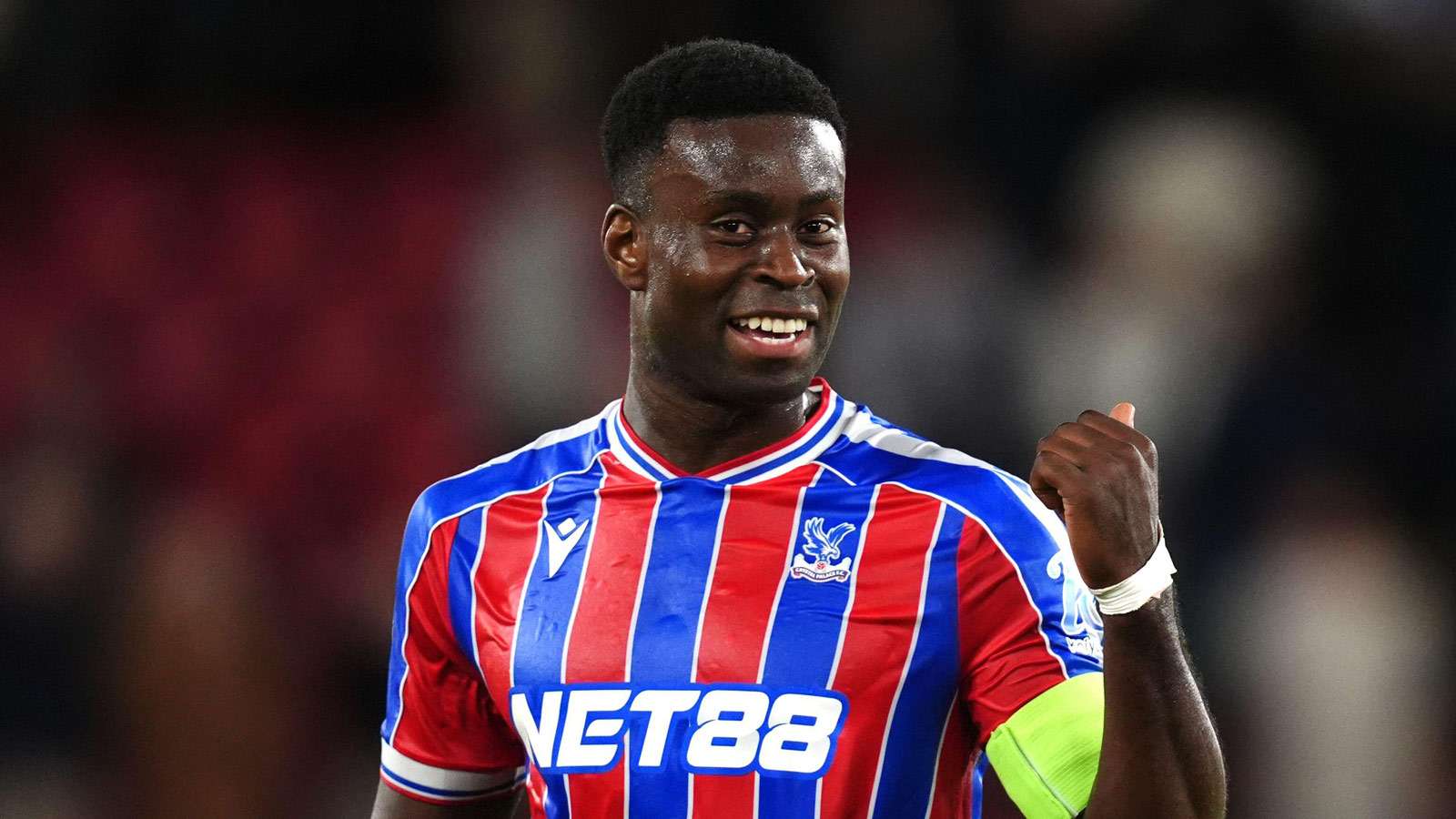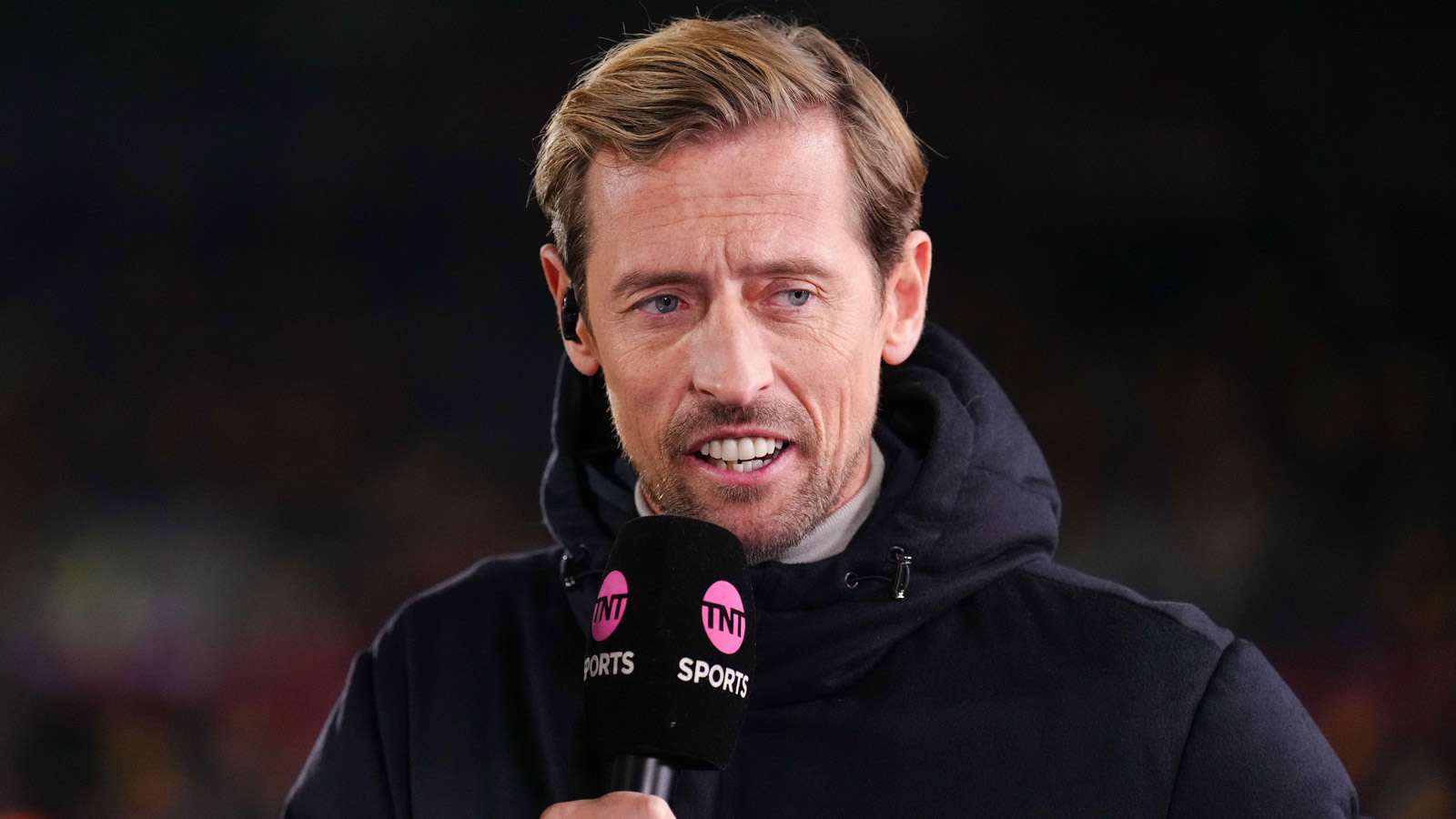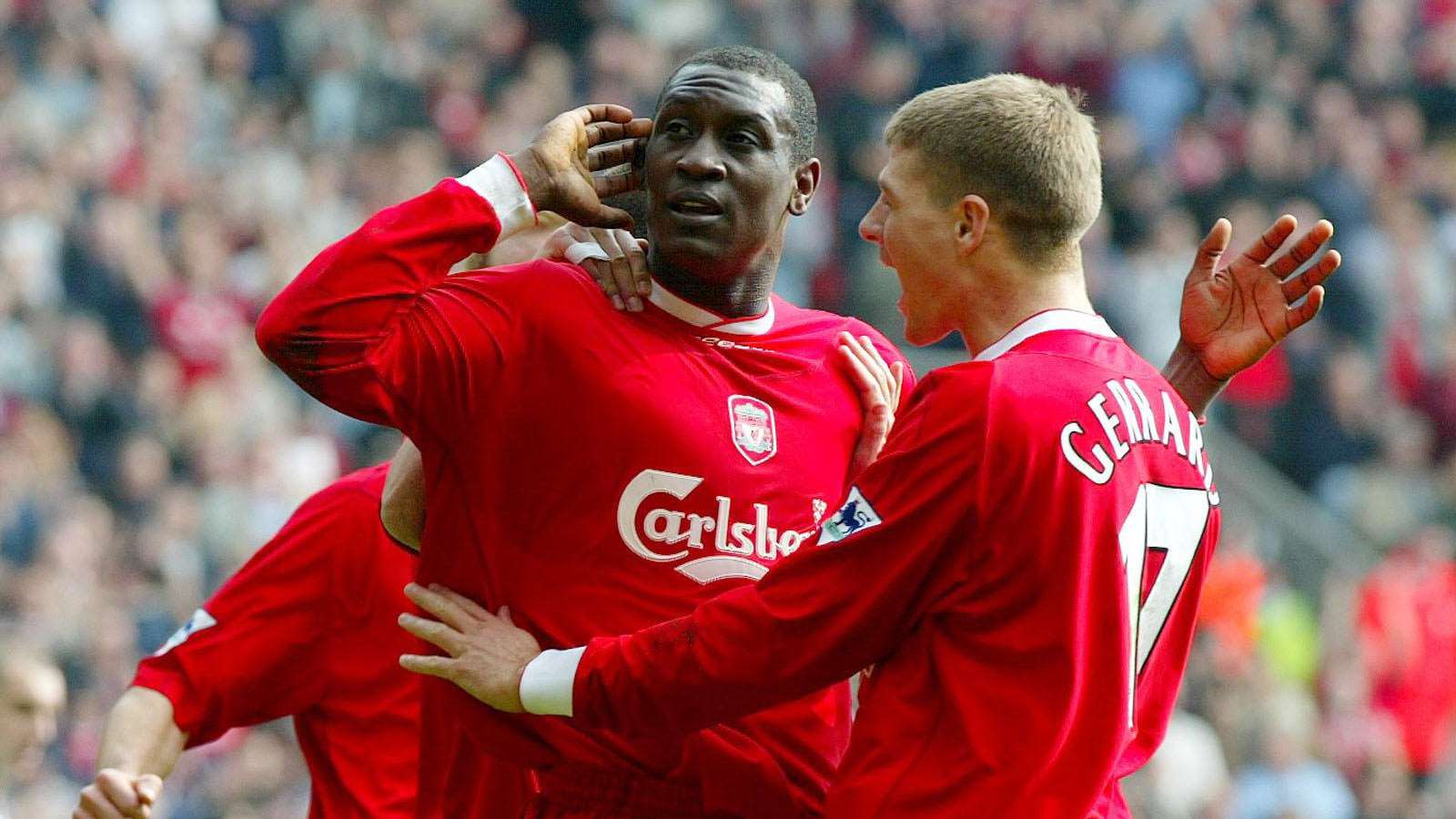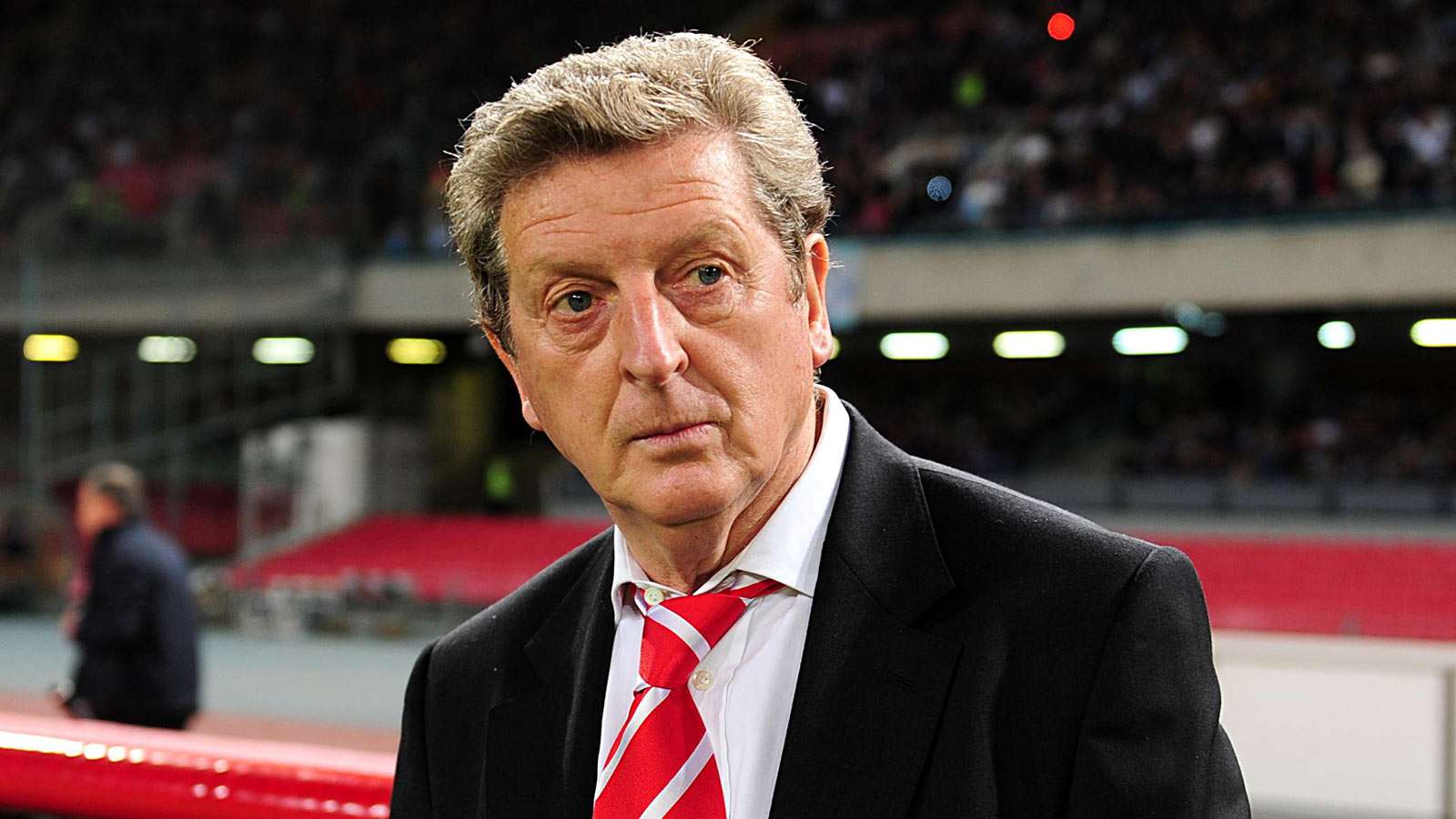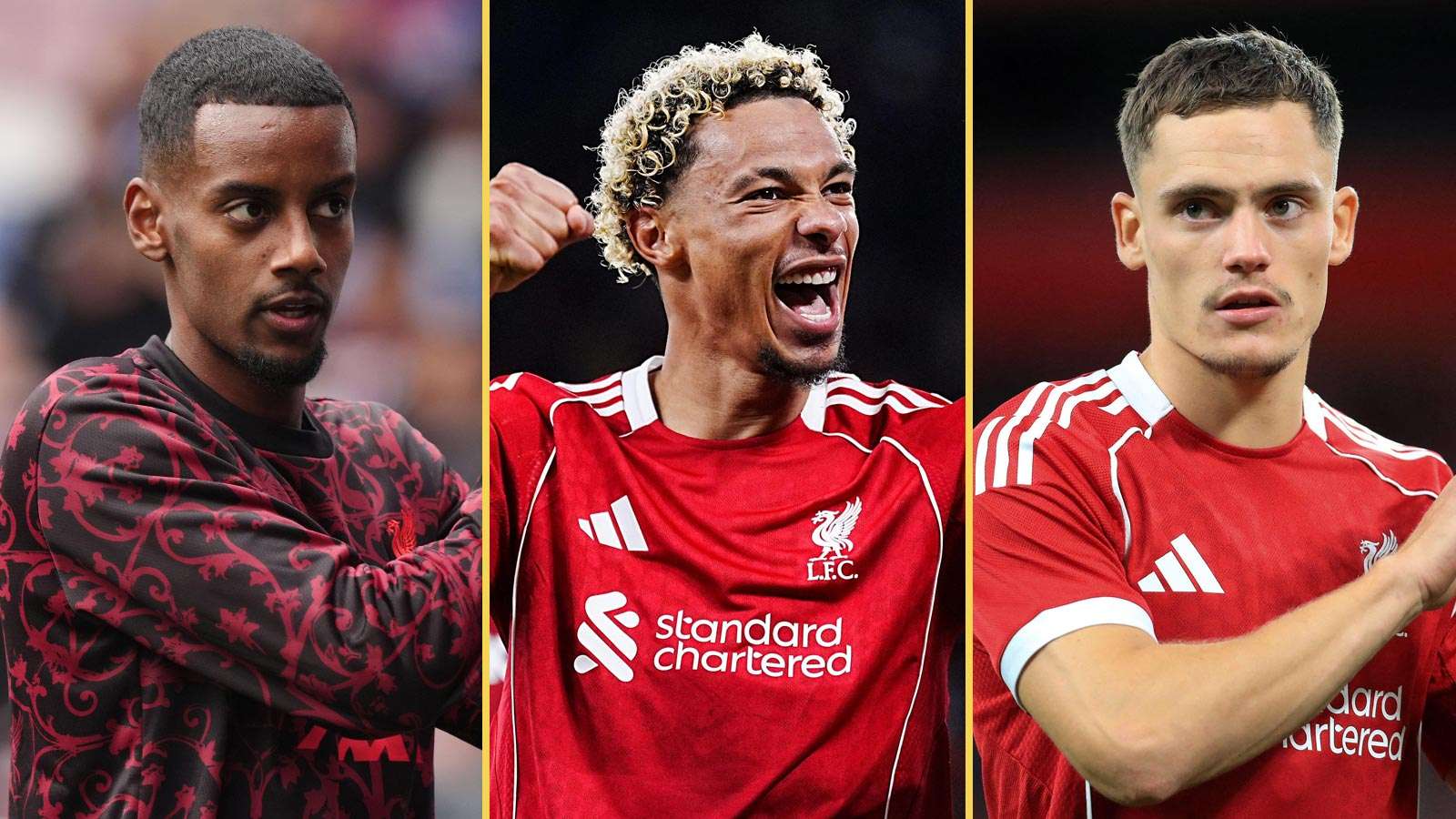Liverpool were on the verge of signing Marc Guehi from Crystal Palace on transfer deadline day only for the move to collapse just before the window closed
When Alexander Isak finally sealed his £125 million move to Liverpool on deadline day, there was an unmistakable sense of relief around Anfield. It was a statement signing, the forward Arne Slot had wanted for months.
But as one saga reached its conclusion, another unravelled in the final hours of the summer window. Crystal Palace defender Marc Guehi, long admired by Liverpool’s recruitment team, was ready to follow Isak through the door until everything collapsed.
Three months on, the consequences of that failure are being felt across the Liverpool backline.
Liverpool’s title defence has been defined by inconsistency and instability. While the champions remain within striking distance of Arsenal and Manchester City, the performances have been far from convincing.
The Reds have conceded soft goals, looked uncertain from set pieces, and lacked the composure that once defined their play under Jürgen Klopp. Arne Slot, still in his second season in charge, faces an uncomfortable truth: his team’s biggest weakness lies in the one area Liverpool used to dominate.
Only Virgil van Dijk and Alisson Becker have emerged from the early weeks with credit intact. Ibrahima Konaté’s form has nosedived, Joe Gomez’s reliability remains inconsistent, and the new-look full-back pairing has yet to settle.
Slot’s tactical tinkering particularly his rotation at right-back and his insistence on persisting with Milos Kerkez despite the young left-back’s struggles has only added to the sense of chaos.
The injuries have compounded the problem. Giovanni Leoni, the Italian teenager signed with one eye on the future, suffered a season-ending ACL tear in September. That has left Liverpool with just three senior centre-backs: Van Dijk, Konaté, and Gomez.
For a club competing across four fronts, that is dangerously thin. All of this makes the failure to sign the Crystal Palace captain look increasingly costly.
Liverpool believed they had done enough. The £35 million fee was agreed, personal terms were not an issue, and Guehi had even undergone a medical in London. The defender had played every minute of their opening six league fixtures was expecting to become a Liverpool player before the window shut.
But with no replacement secured, Palace pulled the plug in the final hours. Guehi remained at Selhurst Park, and Liverpool’s defensive plans were thrown into disarray.
It was a cruel twist for a player who had done everything right. While Isak forced his move from Newcastle by refusing to train and publicly demanding a transfer, Guehi remained professional to the end, leading Palace with dignity and scoring in what many thought would be his farewell match a 3–0 win over Aston Villa.
As former Liverpool midfielder Danny Murphy observed:
“If he would’ve kicked up a stink a few weeks ago already out of the team telling Parish, ‘if you don’t let me have this opportunity which might never come to me again’ — all the things Isak and Wissa did…”
Murphy’s words carried a sting of irony. Guehi had done what every manager says they want: he stayed focused, trained hard, and respected his club’s position. Yet, professionalism didn’t deliver him his dream move.
For the Reds, he was seen as the perfect long-term partner for Van Dijk a defender composed in possession, strong in duels, and experienced in Premier League pressure. His leadership qualities, age profile, and versatility across a back four made him the ideal Slot signing.
John Aldridge voiced what many supporters were thinking:
“It was a pity Liverpool couldn’t get a deal for Marc Guehi over the line although I do expect them to have another go in January.”
Sources close to the club insist the interest has not gone away. Liverpool still view him as their top defensive target, with summer transfer window seen as the next logical opportunity.
By then, Palace may be more willing to negotiate particularly if they are no longer in Europe and can source a replacement. Guehi’s desire to play Champions League football remains undimmed.
Liverpool’s defensive issues run deeper than one failed transfer. Slot’s side have already conceded six more goals than Arsenal and four more than Manchester City, with a backline still adjusting to the loss of Trent Alexander-Arnold and the introduction of new full-backs Jeremie Frimpong and Kerkez.
Gomez and Konaté have both been linked with potential exits Gomez with AC Milan, Konaté reportedly attracting interest from Real Madrid. That uncertainty has created an unease around a once stable department.
Behind the scenes, Slot and sporting director Richard Hughes are understood to be reassessing Liverpool’s defensive priorities for January. There remains admiration for Guehi’s maturity, but also an awareness that the club needs short-term reinforcements too.
The contrasting fortunes of Isak and Guehi have reignited a familiar debate in modern football: should players be rewarded for professionalism, or for forcing the issue?
Isak got his move, Guehi didn’t. Yet few doubt which player handled himself with greater integrity.
In time, Guehi’s patience may be rewarded. For now, Liverpool’s need is far greater than his. Slot’s team look fragile, fatigued, and one setback away from collapse.
If the Reds want to remain serious contenders for both the Premier League and Champions League, January could define their season and Marc Guehi’s name will be at the top of their list once again.
